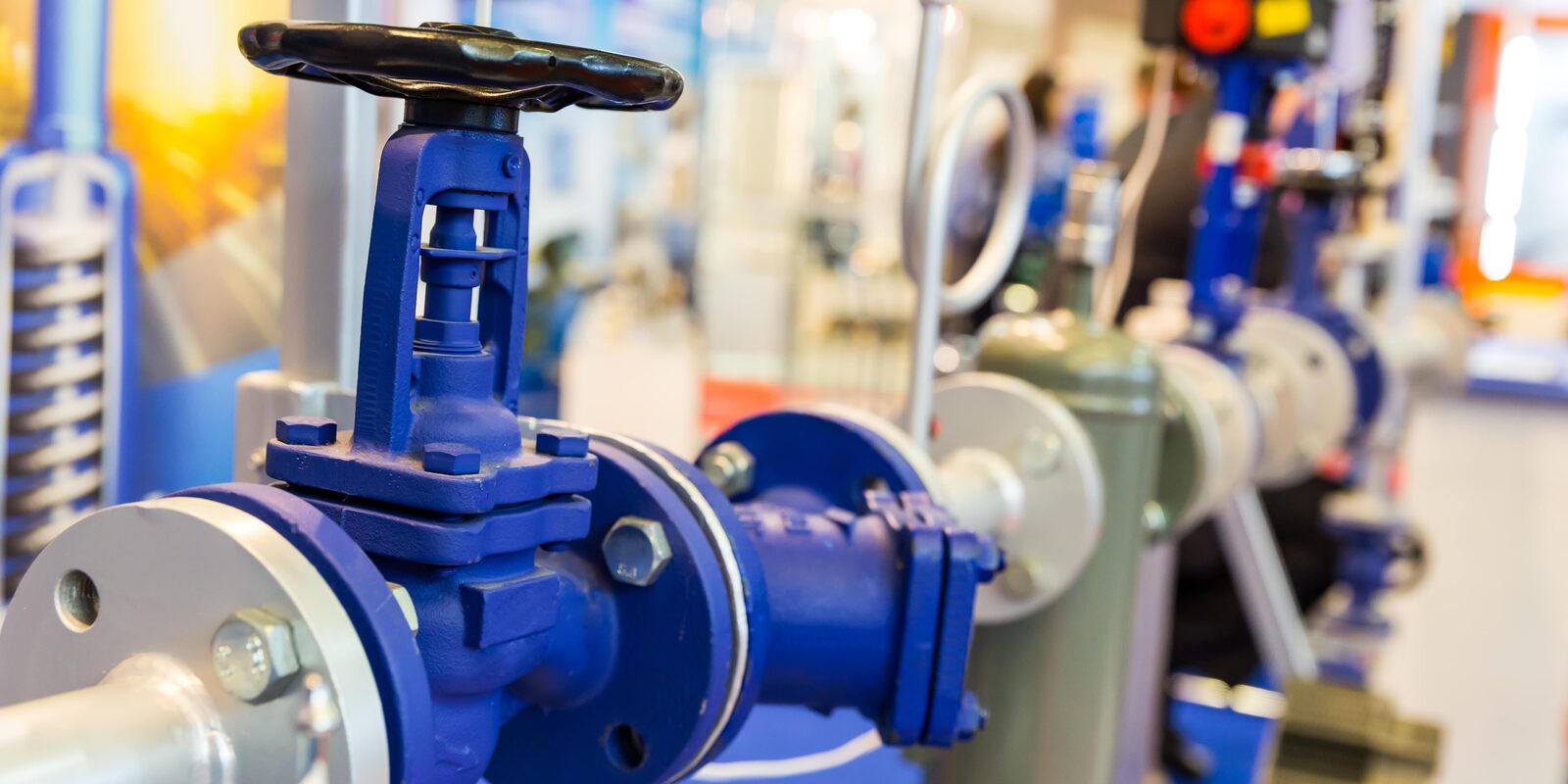

As a leading provider of industrial pumps, we understand the importance of having reliable and efficient equipment to keep your operations running smoothly. Industrial pumps are an essential asset for many businesses that rely on moving liquid as part of their processes. Selecting the right equipment to meet your specific needs and budget is as important to us as they are to you the customer.
In this article, we will explore whether choosing the correct industrial pump can save your business money in the long run. After defining what an industrial pump is and its primary functions, we will delve into the three main types of pumps and the uses that each is best suited for. By the end of this post, you will have a solid understanding of how to select the right industrial pump that meets your business's requirements.
An industrial pump is a heavy-duty piece of equipment designed to pump a variety of fluids around and out of the facility. This can be anything from water and oils to chemicals and heavy sludges, but it depends on the type of pump you choose.
The three main types of pumps for industrial or commercial use are centrifugal, positive displacement and submersible.
Centrifugal pumps are commonly found in most households and commercial buildings but are also used in industrial sites at a larger scale. Operating either underground or on the surface, they pump wastewater as it enters the pump by revolving around at incredibly high speeds via an impeller, moving it to the edge by the principles of centrifugal force.
Centrifugal pumps are space-efficient, easy to install and don't clog up as much as other pump types. Plus, if there are no troubles with the impeller, these pumps are built to last for years before being affected.
Since the design of centrifugal pumps involves moving liquids at high speed, they are most appropriate for low-viscosity liquids such as water, solvents and “thin” oils. As such, they are at home when operating in domestic, agricultural and industrial settings.
Submersible pumps are unique for their ability to function fully underwater, and can only work under this condition. It pushes water to the surface by converting rotary energy into kinetic energy, then into pressure energy. The water around the pump cools down the motor whilst in operation, which is why it doesn’t function above water. In addition, these pumps can handle solids but are mostly designed to handle liquids.
Because submersible pumps are only used for underwater operations, their scope is more limited than centrifugal pumps. For agricultural purposes, these pumps can be used for irrigation and landscaping, they can be the best option for draining unwanted bodies of water. For water industries, the most useful application for submersible pumps is pumping water from wet wells.
Positive Displacement pumps are used more often than not in water treatment systems that have a constant flow running through them. They work by trapping a fixed amount of water and then pushing it through the pump to the discharge point, however, this means that they have a limited flow rate and may not be suitable as a high-level industrial pump.
As positive displacement pumps require a constant flow of liquid to operate smoothly, they are mainly used for pumping slow-moving, high-viscosity liquids such as chemicals, oils, paints, resins and foodstuffs. Those operating in the food, chemical, oil and gas industries may benefit from this pump type, but for the water industry, this may not be the most ideal pump out there.
Choosing the correct pump can absolutely save you money in the long run, and there are a multitude of reasons why. For one, having a pump specifically designed to maximise your needs will result in increased productivity at a reduced energy output. In addition, a well-designed industrial pump optimised for your situation will last longer without requiring maintenance, reducing downtime and the chance of unexpected repair costs.
For industrial use, the best pump on the market today is the Gorman-Rupp Super-T Series self-priming pump. The world-class construction uses quality materials to provide unparalleled performance. Its design allows automatic re-priming in an open system.
The Gorman-Rupp Super-T Series pump can be applied to any water application where large solids handling is not required. With the dependability to run nearly full-time, these pumps can efficiently handle fluids an efficiency increase of 14%-19% over other pumps in its class, resulting in a significant reduction in power consumption.
For your industrial water pump needs, Hydromarque offers the Super T Series pumps which are capable of reaching a maximum temperature of 71°C, a flow rate of up to 750m³/hr or 3 bar, and a suction lift of 7.3m for ease of movement. It also has drain and air bleed valves to guard against backups.
Hydromarque is one of the UK’s most trusted pumping solution suppliers, and our unparalleled expertise gives our customers confidence that they are getting the very best solution. We stock world-class equipment from the likes of Gorman-Rupp, Wallwin and Cornell.
We also offer training on all aspects of our products, from practical pump rig demonstrations to in-house design and maintenance workshops. We take clients, engineers and designers through anything they need additional knowledge with, and are more than happy to guide you through it at our in-house facilities or the customer premises.
Get in touch
Get in touch with one of our technical experts today who would be happy to assist you.
© 2026 - Hydromarque. All rights reserved.